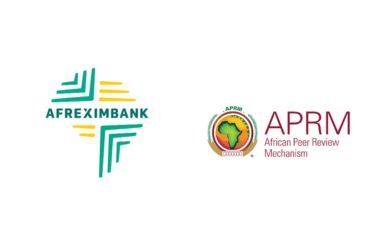
The recently unveiled 2025 Budget of Restoration: Securing Peace, Rebuilding Prosperity by President Bola Ahmed Tinubu signals a transformative moment in Nigeria’s economic direction. With an ambitious focus on stabilising the economy, enhancing infrastructure, and fostering resilience, the implications for the credit rating industry are significant, presenting both opportunities and challenges.
The ₦47.90 trillion budget includes ₦15.81 trillion allocated for debt servicing, underscoring Nigeria’s reliance on the Bond market to finance its ₦13.08 trillion deficit, equivalent to 3.89% of GDP. Credit Rating Agencies will closely scrutinise the government’s ability to manage debt effectively. Targets such as reducing inflation from 34.6% to 15% and stabilising the exchange rate at ₦1,500 per USD have the potential to enhance Nigeria’s creditworthiness, making its sovereign bonds more appealing to global investors.
Stabilised macroeconomic indicators and strategic infrastructure investments are expected to foster investor confidence. Positive movement in credit ratings could reduce borrowing costs for sovereign bonds, providing relief to public finances while attracting foreign portfolio investments. Nigeria’s Commercial Paper Market may also benefit indirectly, with projected trade surpluses and enhanced macroeconomic stability bolstering corporate revenues. Lower inflation could ease policy rates, reducing issuance costs and enabling businesses to access affordable capital for operations and growth.
The Capital Market will be critical to realising the budget’s goals, particularly in mobilising resources for infrastructure and human capital development. Flagship projects such as the Lagos-Calabar Coastal Highway and Sokoto-Badagry Highway will require innovative financing solutions, with instruments like Bonds and Real Estate Investment Trusts (REITs) expected to drive private sector participation. Record allocations to education (₦3.52 trillion) and health (₦2.48 trillion) represent a significant investment in Nigeria’s workforce, which will, over time, support sustainable economic growth.
Efforts to stabilise the exchange rate, reduce dependency on imports, and boost agricultural productivity are likely to strengthen investor confidence. A more stable economy could lead to diversified capital market activity, creating opportunities for increased investment flows.
Despite its promise, the budget highlights several challenges, including significant revenue pressure as debt servicing consumes a large portion of government income. External risks, such as fluctuating oil prices, pose additional threats. However, ongoing efforts to boost oil exports and reduce production costs offer optimism for resilience. The successful implementation of fiscal and governance reforms will be essential to achieving credit rating improvements and lowering borrowing costs.
The 2025 budget provides a unique opportunity for credit rating agencies to reassess Nigeria’s potential. Success in achieving fiscal targets and strengthening economic fundamentals could lead to better credit ratings, reduced borrowing costs, and a revitalised capital market. As Nigeria advances on this ambitious path, it is poised to unlock new opportunities and secure a foundation for sustainable growth and prosperity.








Leave A Comment